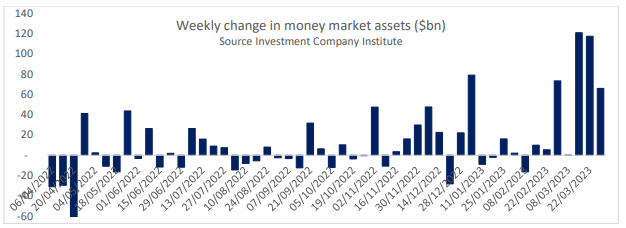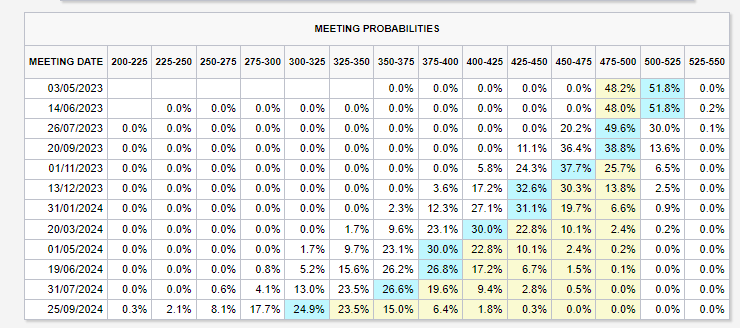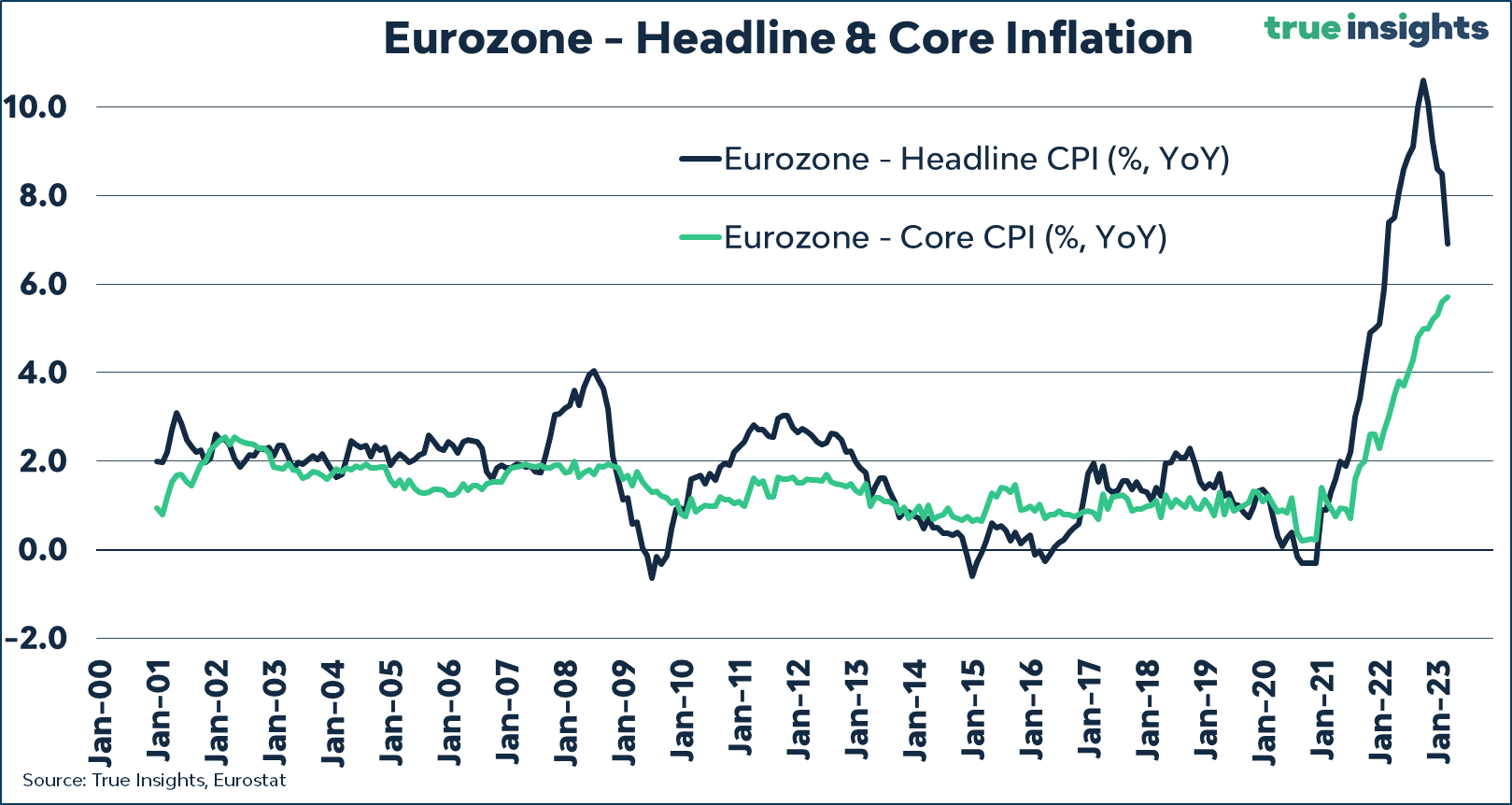TLDR
- Bitcoin broke out of a potential bear market according to realized price cohorts.
- Record-breaking BTC options expired on Friday.
- On March 14, the U.S. government sold 9,861 BTC, and approximately 41,490 BTC remains.
- U.S. PCE data comes in slightly lower than expected
- E.U core inflation hits all-time high
- UK house prices suffer the biggest decline since 2009
- Deposit flight slows out U.S bank accounts
US
Bank panic slows
It’s been over two weeks since the collapse of Silicon Valley Bank, and we’ve seen the ripple effects it has caused on other regional banks. But we have yet to see the full extent of the fallout and potential contagion.
In the past two weeks, depositors took out almost $240 billion of deposits and moved them into treasuries/money market funds to ensure a higher yield. However, this week deposit outflows were reduced to $66 billion, which may signal panic is decreasing.

PCE data lowers slightly
U.S. core PCE data came in below expectations. However, it is still considered hot and potentially too hot for the Fed’s liking. The next FOMC meeting is not until May 3, and it is a 50/50 split for a pause or a 25bps rate hike. Many macro indicators are still to come before this meeting, including; unemployment data and CPI.

EU
Sticky core inflation
CryptoSlate has discussed this week that core inflation will be much harder to bring down than CPI/headline inflation. E.U core inflation hit an all-time high of 5.7%. At the same time, headline inflation fell to 6.9% below expectations. Declining headline CPI vs. sticky core CPI will be the narrative for the short term.

UK
Housing is starting to turn
UK house prices suffered the biggest annual decline since 2009, with further headwinds in the property market. Some reasons include; increasing interest rates, double-digit inflation, and further tax implications for buy-to-let landlords with an aging population.
Downward pressures have occurred for almost a year in the property sector, with a 14-year low in the RICS survey, pointing to more trouble ahead.
However, U.S. housing is starting to stabilize, with the average rate on a 30-year mortgage coming down to 6.45%. However, the U.K. predominately on short-term rates, usually two or five-year mortgages. You should expect to see a divergence between these two housing markets.

Bitcoin
Stubborn Bitcoin and some Q1 highlights
- Bitcoin hash rate continues to impress with a new-all time high.
- A record amount of stablecoins leaving exchanges and being converted into Bitcoin
- Self-custody has increased since the collapse of SVB.
- ETH/BTC broke down to new lows
- Options contracts hit all-time highs, while futures contract makes new lows.
- Dwindling order books raises liquidity concerns.
- A flurry of liquidations as investors continued to get on the wrong side of Bitcoin
- The introduction of Ordinals has given Bitcoin a new lease on life
My Q1 thoughts
Bitcoin finishes off Q1 2023 up 70% with a price of over $28,000. This is amid an extremely challenging environment of continuation of rate hikes, banking turmoil, and new liquidity programs being developed by the central banks.
The fed will keep rates elevated for as long as possible until something most likely breaks while providing the market with as much liquidity as possible. As we’ve learned, Bitcoin is the most prone to liquidity and balance sheet expansion.
The fundamentals of Bitcoin and the user have been tested to the max; we’ve seen record hash rate, 1GB mempool, the explosion of Ordinals, and a mini banking crisis. On-chain points to an imminent bull market, and the macro environment’s volatility will only worsen. Bitcoin will thrive off this environment in the long term as trust will continue to break down between government/central banks and people.

Credit: Source link































